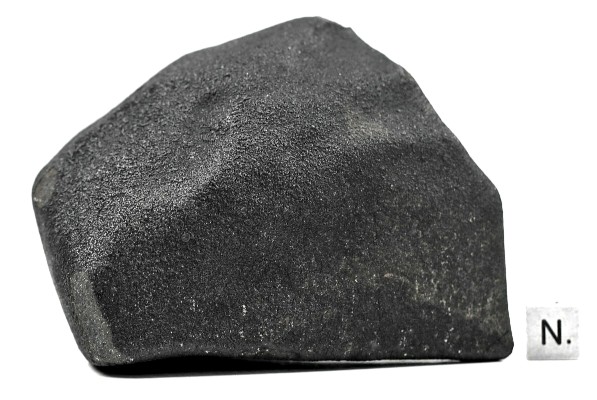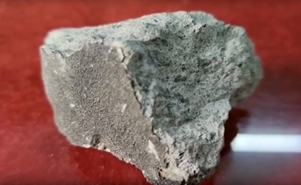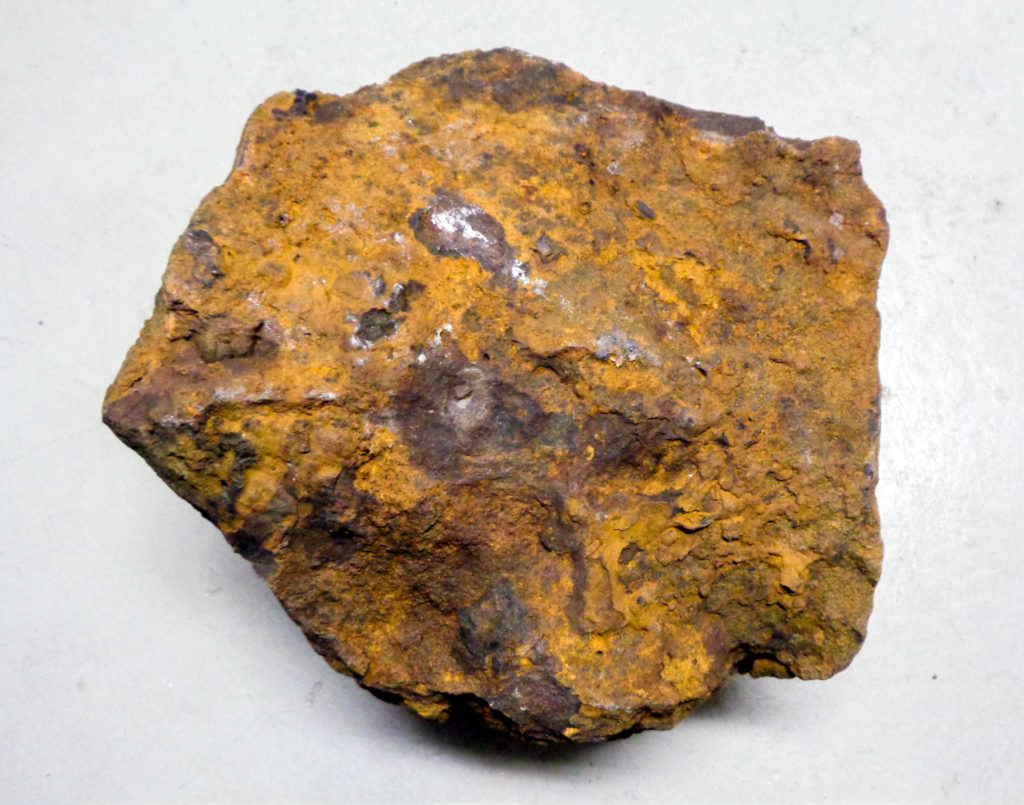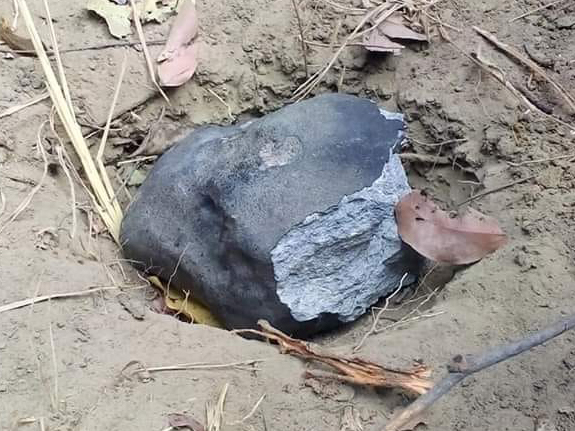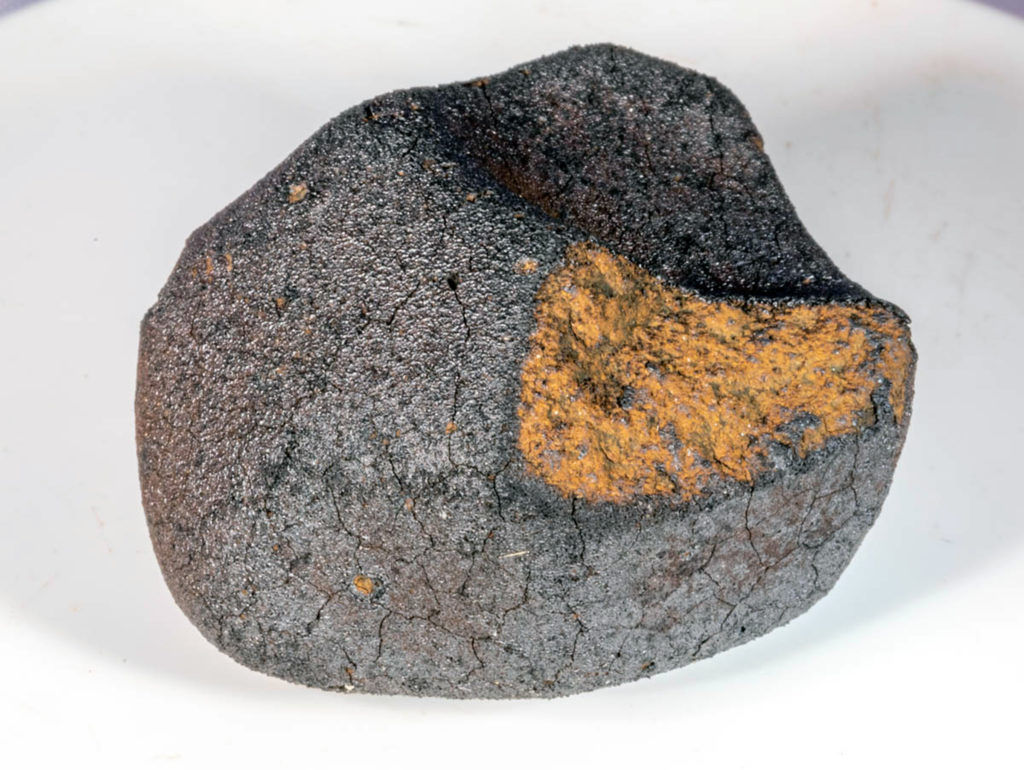Potassium isotope heterogeneity in the early Solar System controlled by extensive evaporation and partial recondensationOPEN ACCESS
Yan Hu, Frédéric Moynier & Martin Bizzarro
Nature Communications, Volume 13, Article number: 7669
Published: 12 December 2022
LINK (OPEN ACCESS)
PDF (OPEN ACCESS)
“Volatiles are vital ingredients for a habitable planet. Angrite meteorites sample the most volatile-depleted planetesimal in the Solar System, particularly for the alkali elements. They are prime targets for investigating the formation of volatile-poor rocky planets, yet their exceptionally low volatile content presents a major analytical challenge. Here, we leverage improved sensitivity and precision of K isotopic analysis to constrain the mechanism of extreme K depletion (>99.8%) in angrites. In contrast with the isotopically heavy Moon and Vesta, we find that angrites are strikingly depleted in the heavier K isotopes, which is best explained by partial recondensation of vaporized K following extensive evaporation on the angrite parent body (APB) during magma-ocean stage. Therefore, the APB may provide a rare example of isotope fractionation controlled by condensation, rather than evaporation, at a planetary scale. Furthermore, nebula-wide K isotopic variations primarily reflect volatility-driven fractionations instead of presolar nucleosynthetic heterogeneity proposed previously”



